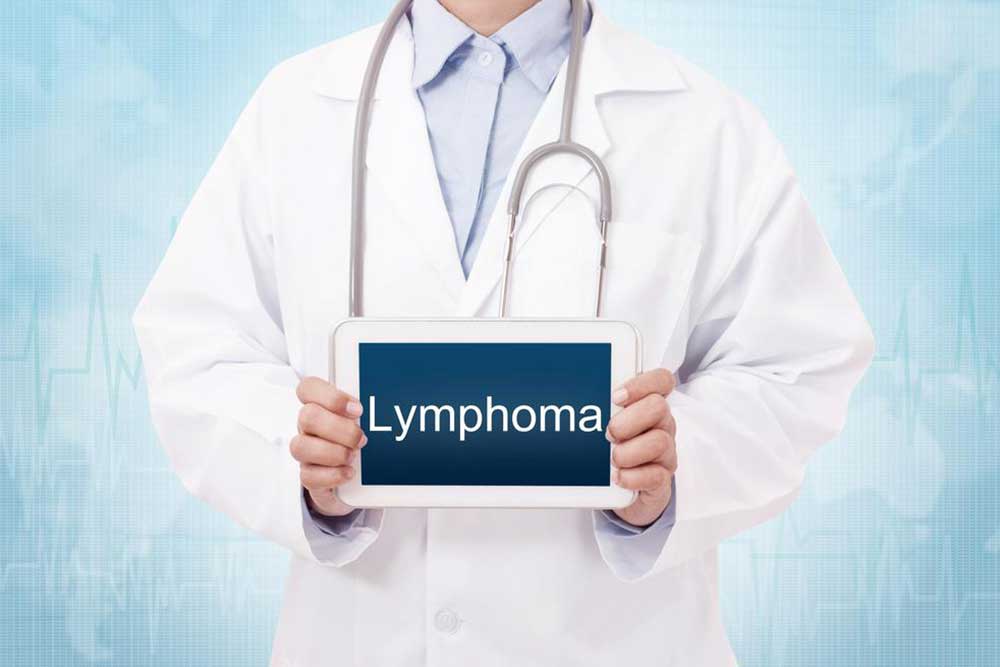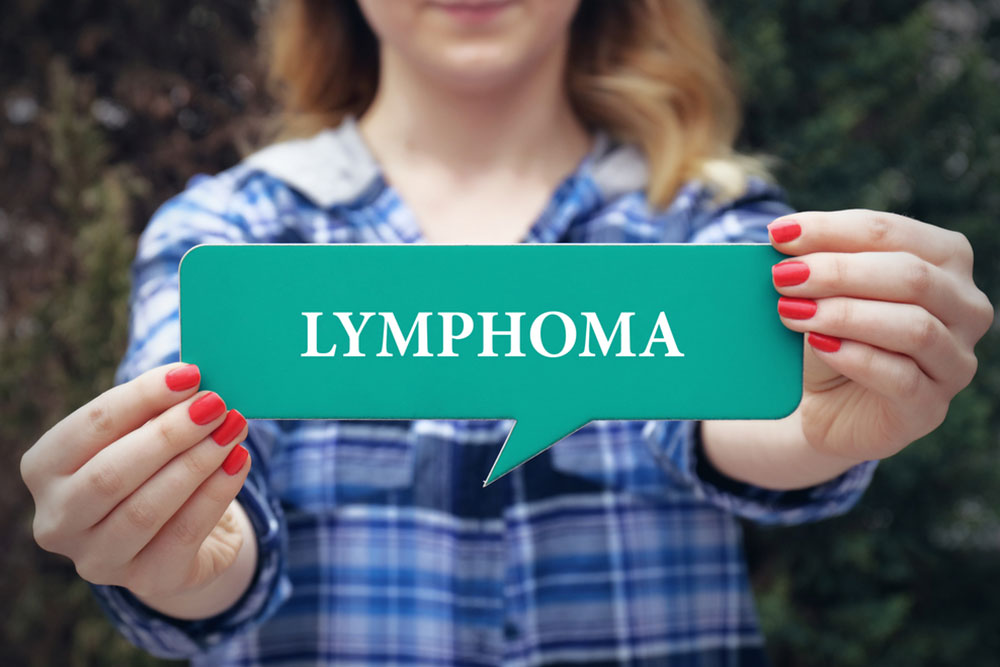Comprehensive Overview of B-Cell Lymphoma: Causes, Types, and Treatments
Learn about B-cell lymphoma, including its causes, types, symptoms, risk factors, herbal support, and medical treatments. This comprehensive guide provides essential insights for patients and caregivers to understand this complex disease and explore available management options effectively.

Understanding B-Cell Lymphoma: Causes, Symptoms, and Management
The lymphatic system plays a vital role in defending the body against illnesses. B-cell lymphoma, a form of non-Hodgkin’s lymphoma, impacts this system by developing from lymphocytes, a type of white blood cell. This article provides essential insights into B-cell lymphoma, including its causes, types, symptoms, risk factors, and available treatments.
What is B-Cell Lymphoma?
It originates from lymphocytes, crucial components of the immune system.
Non-Hodgkin’s lymphoma is more prevalent than Hodgkin’s lymphoma among cancer patients.
It is classified into low and high-grade subtypes, with various specific forms elaborated below.
Factors Contributing to B-Cell Lymphoma
The exact cause remains unknown, but a weakened immune system is a significant factor.
Overproduction of lymphocytes can lead to overcrowded lymph node tissues, triggering lymphoma development.
Normally, old lymphocytes die and are replaced; however, in lymphoma, these old cells accumulate excessively.
Types of B-Cell Lymphoma
Most cases fall under non-Hodgkin’s lymphoma, especially diffuse large B-cell lymphoma.
Follicular lymphoma is slow-growing and mostly affects adults.
More aggressive forms include Mantle Cell and Burkitt lymphomas.
Rare, slow-growing types include Marginal zone, Lymphoplasmacytic, and Primary mediastinal large B-cell lymphoma.
Common Symptoms
Swelling of lymph tissue areas is common.
Patients often experience fever, night sweats, weight loss, and fatigue.
Other symptoms include severe itching, abdominal swelling, pain, and breathing difficulties.
High-Risk Groups
Individuals over 60 years due to declining immunity.
Men are more frequently affected than women.
People on immunosuppressants or with autoimmune disorders.
Those infected with Epstein-Barr virus or HIV.
Herbal Support for Lymphoma
Herbal remedies should supplement, not replace, medical treatments.
Herbs like parsley, cleavers, red clover, green tea, Pau d’Arco, echinacea, and reishi mushroom may offer supportive benefits.
Medical Treatment Options
Radiation therapy utilizes high-energy beams to destroy cancer cells and shrink tumors.
Chemotherapy, administered orally or intravenously, targets aggressive lymphoma cells.
Stem cell transplants replace diseased marrow with healthy cells, following chemotherapy and radiation.
Immunotherapy employs biologic and radioimmunotherapy drugs to enhance immune response.










